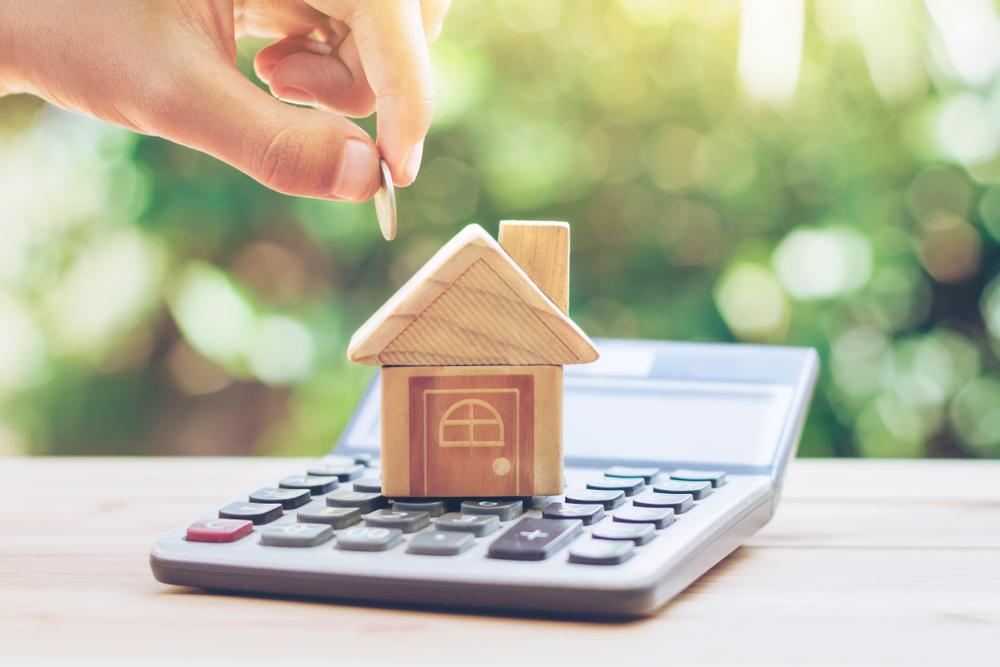
If you’re looking to become a first time home owner, then you’re going to need to look into what you need to get a mortgage for your home. If you haven’t read our first part yet, you need to get started by figuring out what your credit score is and what your level of debt is. The too long didn’t read of this is, the higher your credit score and lower your debt, the better position you’ll be in to get a good mortgage. You’ll also need to consider what you’re going to pay for a down payment and if you’re able to swing a 20% down payment or not (don’t worry; most people do less than 10%).
Here are some more things you need to know about taking out a mortgage for a home:
- Finding the right mortgage for you. There are multiple types of mortgages that you can take out for your potential home. A conventional loan is a “regular” loan, and there are two types: fixed rate or adjustable rate loans. There are also government issued loans such as the Federal Housing Administration (FHA) loan and the Veterans Affair (VA) loan. There are various factors with each, such as different interest rates, down payment requirements, and more. Speaking to a mortgage lender can help you find the loan that makes the most sense for you.
- Get pre-qualified for a loan. Before you do anything, you should get pre-qualified for a mortgage. This is a straightforward and informal process where you speak with a lender and they let you know whether or not you would qualify for a loan, and if so, what amount you would likely need to pay. At this point, you won’t have your credit report pulled, and unfortunately, there is not a guarantee that you’ll be actually approved for a mortgage.
- Get pre-approved for your mortgage. After you’ve qualified for a loan, you’ll then be able to get approved for the actual mortgage. This is a more involved process than qualification. You have to submit paperwork to verify your employment, income, and other financial documents. Once you’re pre-approved, sellers will start to take you seriously. However, it still doesn’t mean that you’re guaranteed a loan; it’s just saying that you are likely to get a loan. You’ll need to apply for a loan and get underwriting, so it’s a good idea not to make any large purchases or open new credit card accounts during that time.
